Poetry must have something in it that is barbaric, vast and wild
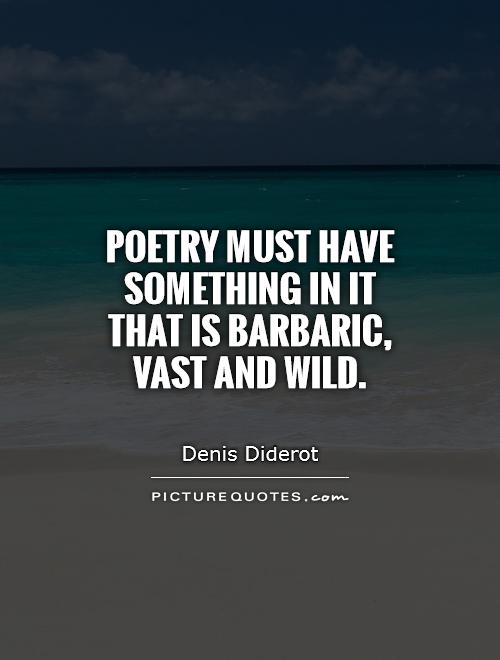
Poetry must have something in it that is barbaric, vast and wild
Denis Diderot, a prominent figure of the Enlightenment era, once famously said that "poetry must have something in it that is barbaric, vast and wild." This statement encapsulates the essence of poetry as a form of artistic expression that transcends the boundaries of conventional language and thought. Diderot believed that poetry should evoke primal emotions and tap into the raw, untamed aspects of human nature.In the context of Diderot's words, poetry is not merely a means of conveying pretty sentiments or flowery language. It is a powerful medium through which poets can explore the depths of human experience and confront the darker, more primal aspects of existence. By embracing the barbaric, vast, and wild elements of poetry, writers can create works that resonate on a visceral level with readers, stirring their emotions and challenging their perceptions of the world.
The idea of poetry being barbaric suggests a sense of rawness and primal energy that is often lacking in more refined forms of literature. Barbarism in poetry can manifest in the form of violent imagery, intense emotions, or a rejection of societal norms. By tapping into this primal energy, poets can create works that are both powerful and provocative, challenging readers to confront uncomfortable truths and explore the darker corners of the human psyche.
The vastness of poetry speaks to its ability to encompass a wide range of emotions, experiences, and perspectives. Poetry has the capacity to capture the complexities of human existence in all its myriad forms, from the mundane to the sublime. By embracing the vastness of poetry, writers can create works that transcend individual experiences and speak to universal truths that resonate with readers across time and space.
The wildness of poetry suggests a sense of untamed creativity and freedom that is essential to the artistic process. Wildness in poetry can manifest in the form of unconventional language, experimental forms, or a rejection of traditional literary conventions. By embracing the wildness of poetry, writers can push the boundaries of what is considered acceptable or conventional, creating works that challenge and inspire readers in new and unexpected ways.

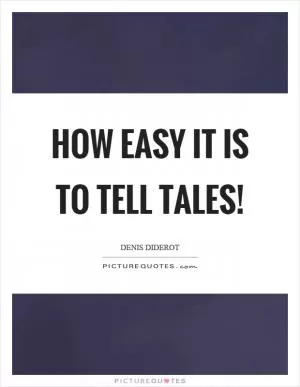
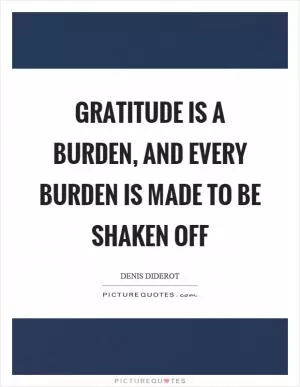
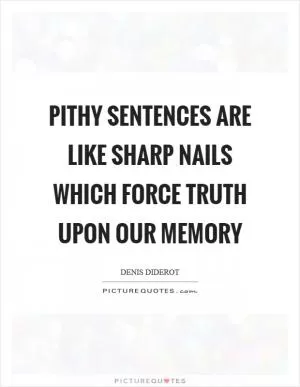
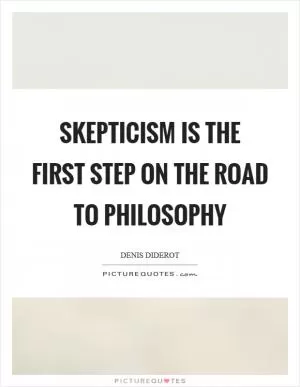


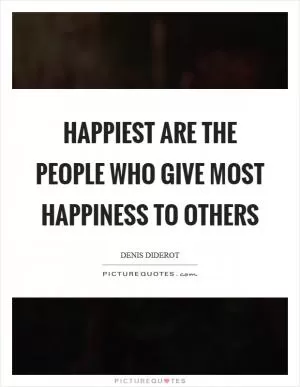
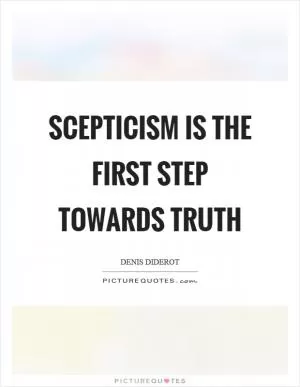

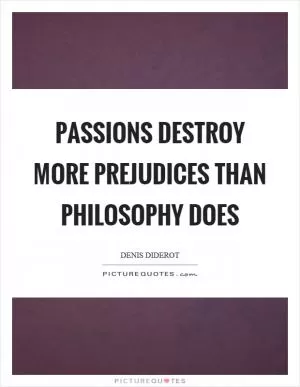
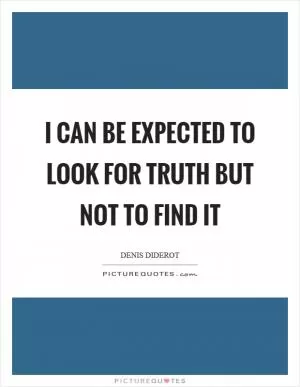
 Friendship Quotes
Friendship Quotes Love Quotes
Love Quotes Life Quotes
Life Quotes Funny Quotes
Funny Quotes Motivational Quotes
Motivational Quotes Inspirational Quotes
Inspirational Quotes